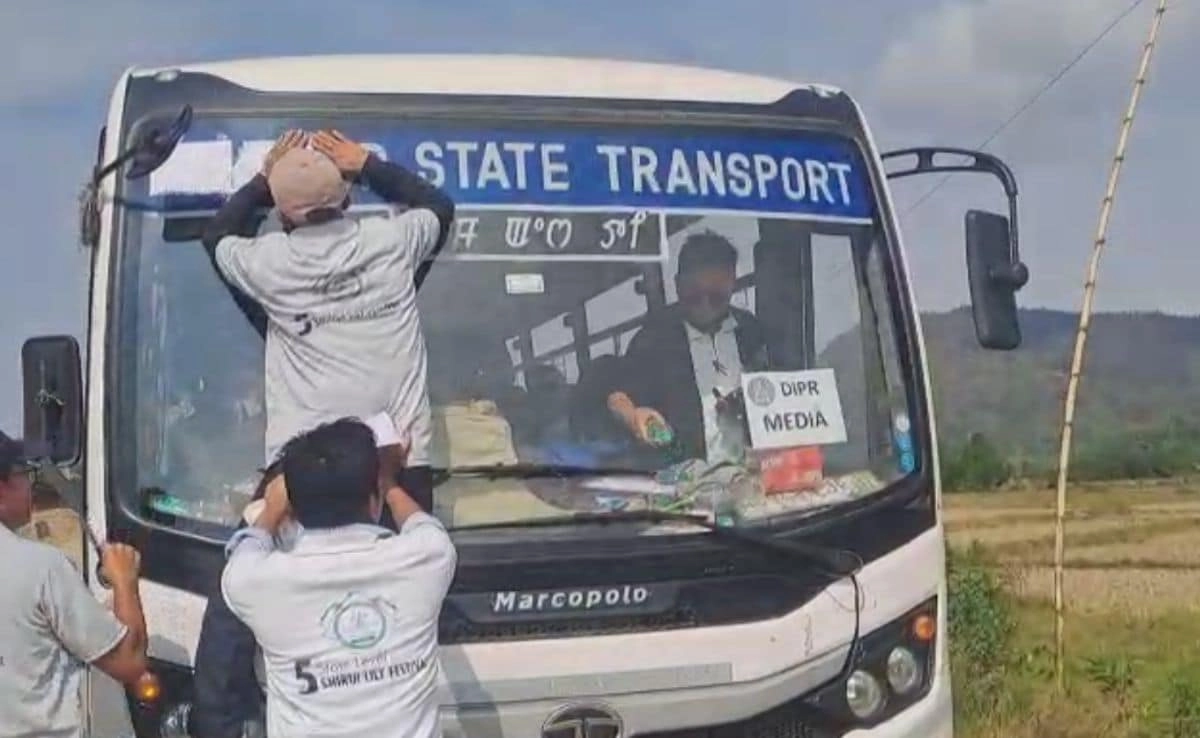The Meitei community in Manipur has called for a 48-hour strike in response to the removal of signage bearing the name “Manipur” from various locations. This decision has sparked significant unrest and controversy, as the name holds deep cultural and historical significance for the Meitei people. The removal of these signs is perceived not only as an attack on their identity but also as a broader challenge to their heritage and rights within the region. The strike is intended to raise awareness and express solidarity among the Meitei community, highlighting their grievances and the perceived marginalization they face.
The decision to strike follows escalating tensions in Manipur, where various ethnic groups have been grappling with issues of representation, identity, and political power. For the Meiteis, the signage removal is seen as a symbolic erasure of their presence and contributions to the state’s history. Activists argue that such actions can exacerbate divisions among communities and lead to further conflict. The strike aims to galvanize support from within the community and attract attention from the wider public and government officials, urging them to reconsider the implications of such removals on social cohesion and regional stability.
As the strike unfolds, it is expected to have significant repercussions not only for the Meitei community but also for the political landscape of Manipur. Local businesses and daily activities may be disrupted, drawing attention to the underlying issues that have led to this form of protest. The government and other stakeholders will need to engage in dialogue to address the concerns raised by the Meitei community, looking for solutions that respect their identity while fostering a sense of unity among the diverse ethnic groups in the state. The outcome of this strike could set a precedent for how similar issues are handled in the future, shaping the narrative of identity and governance in Manipur for years to come.




